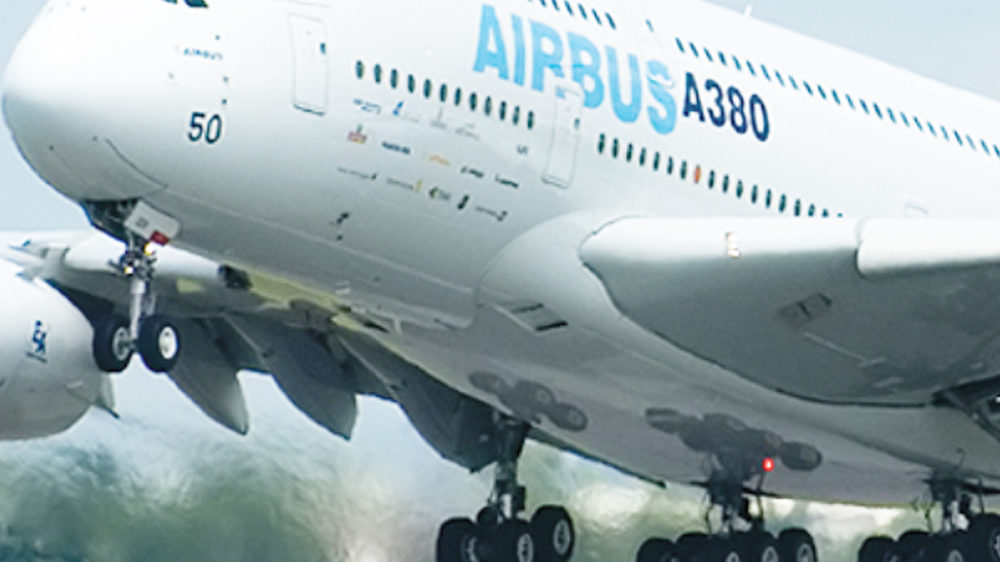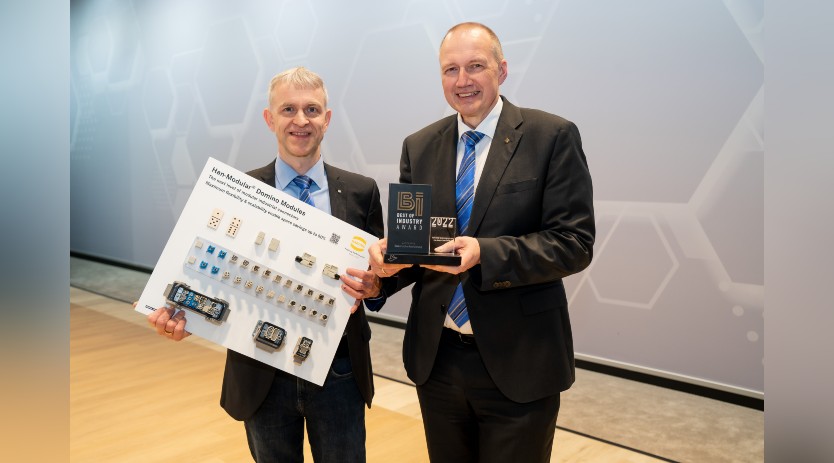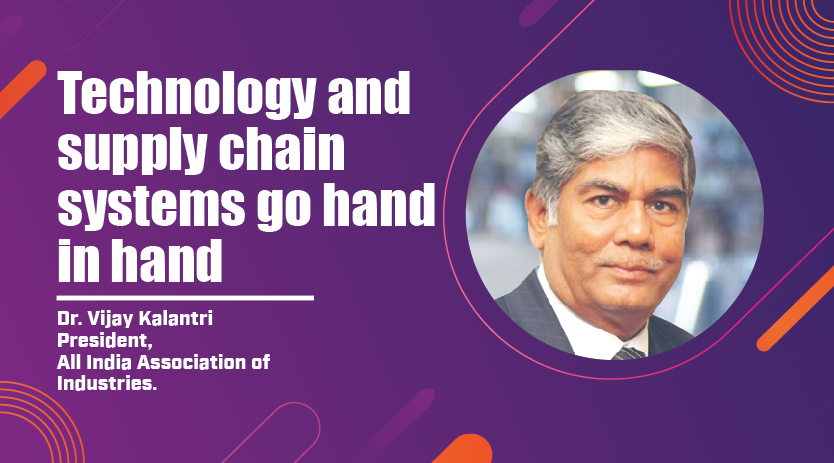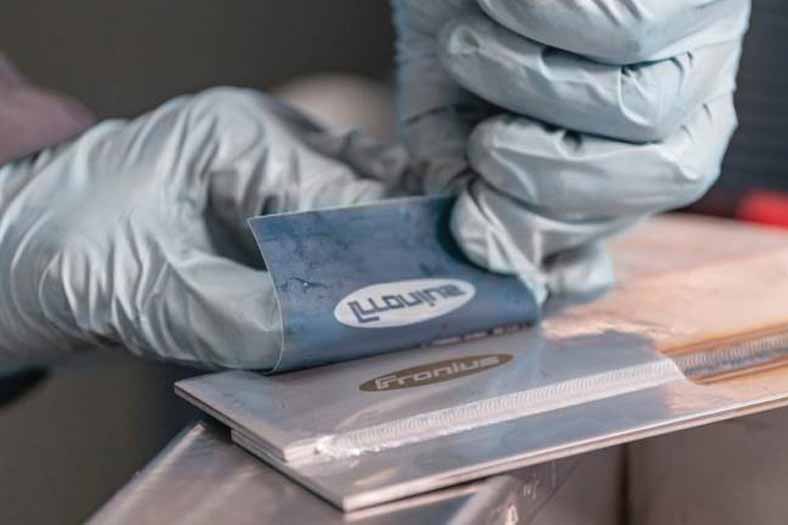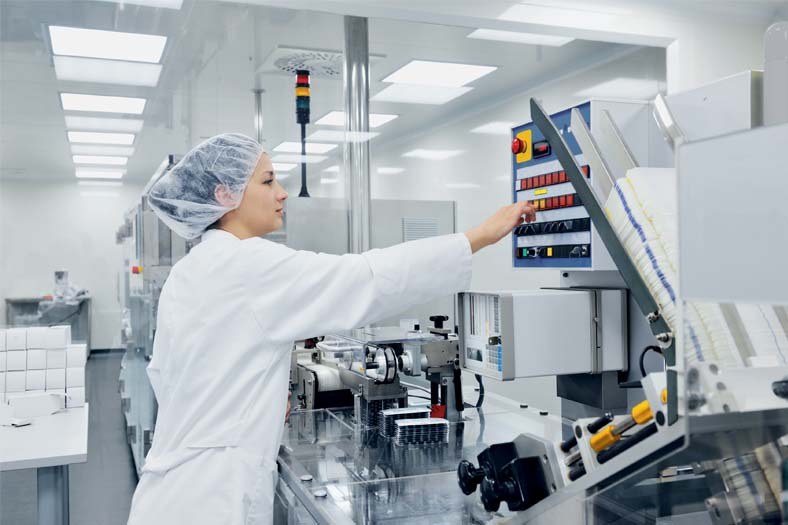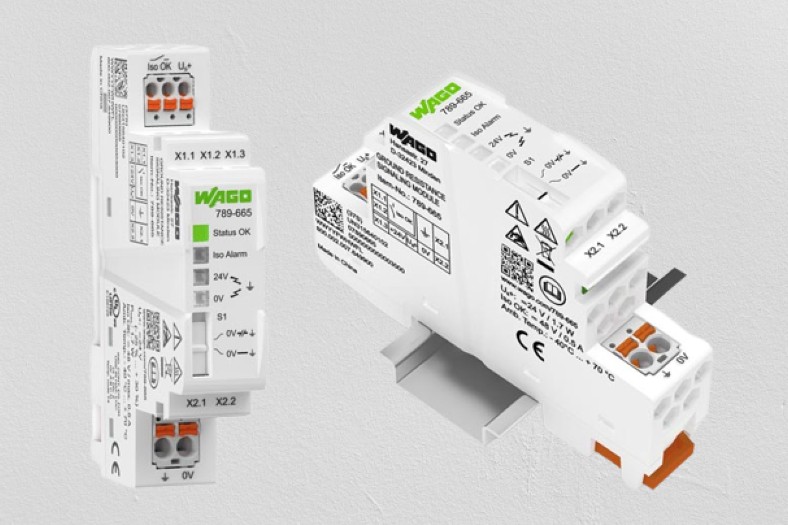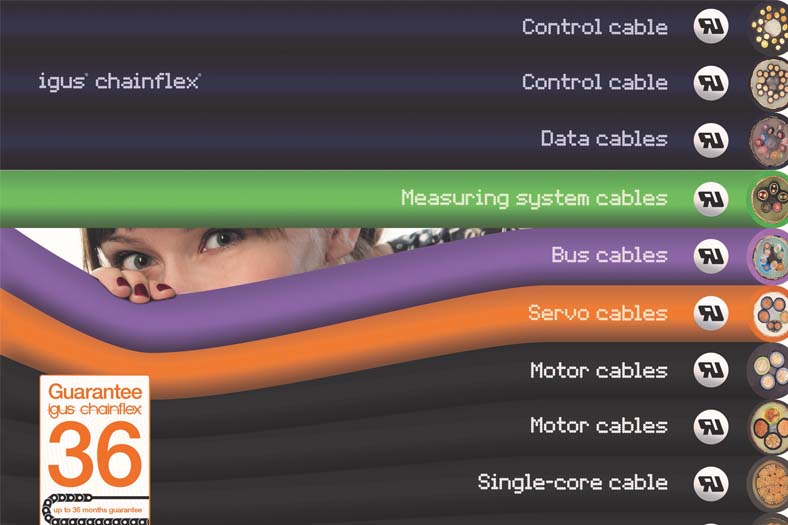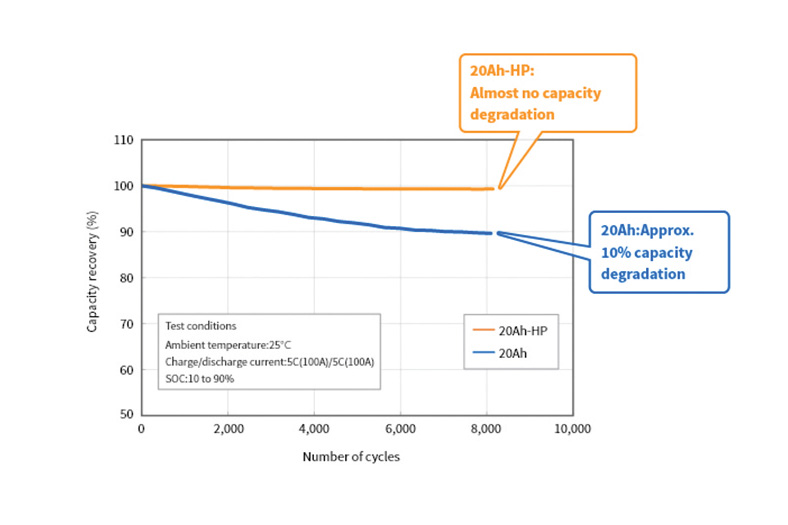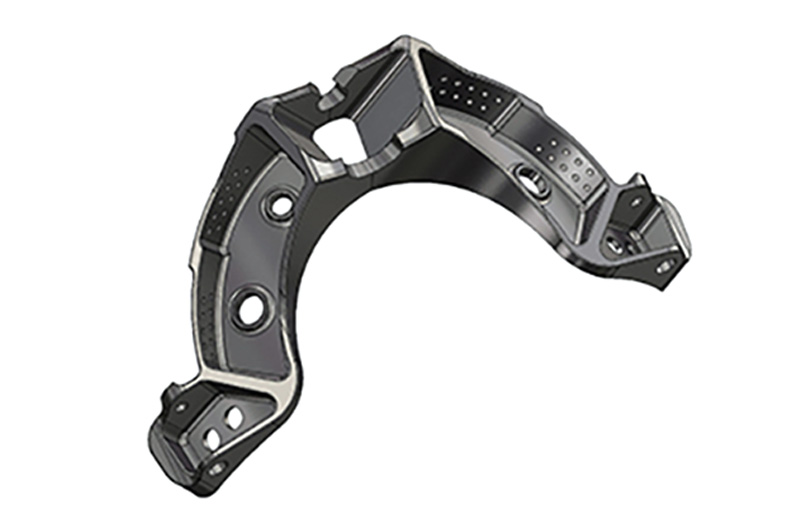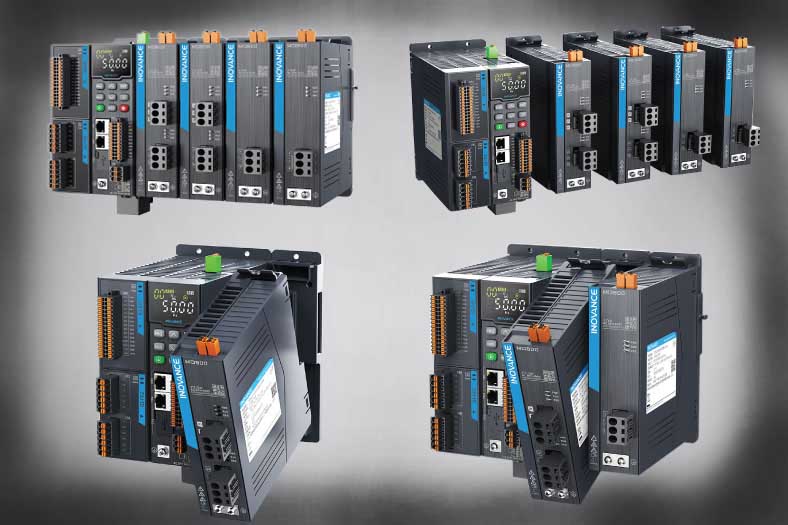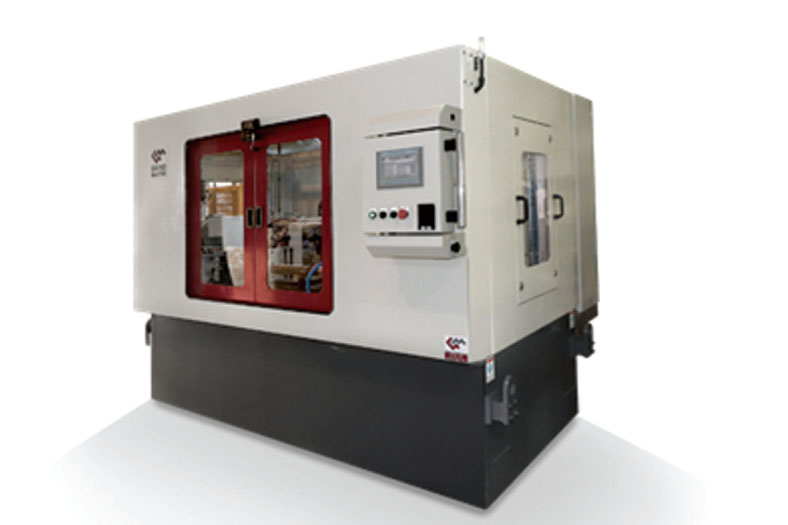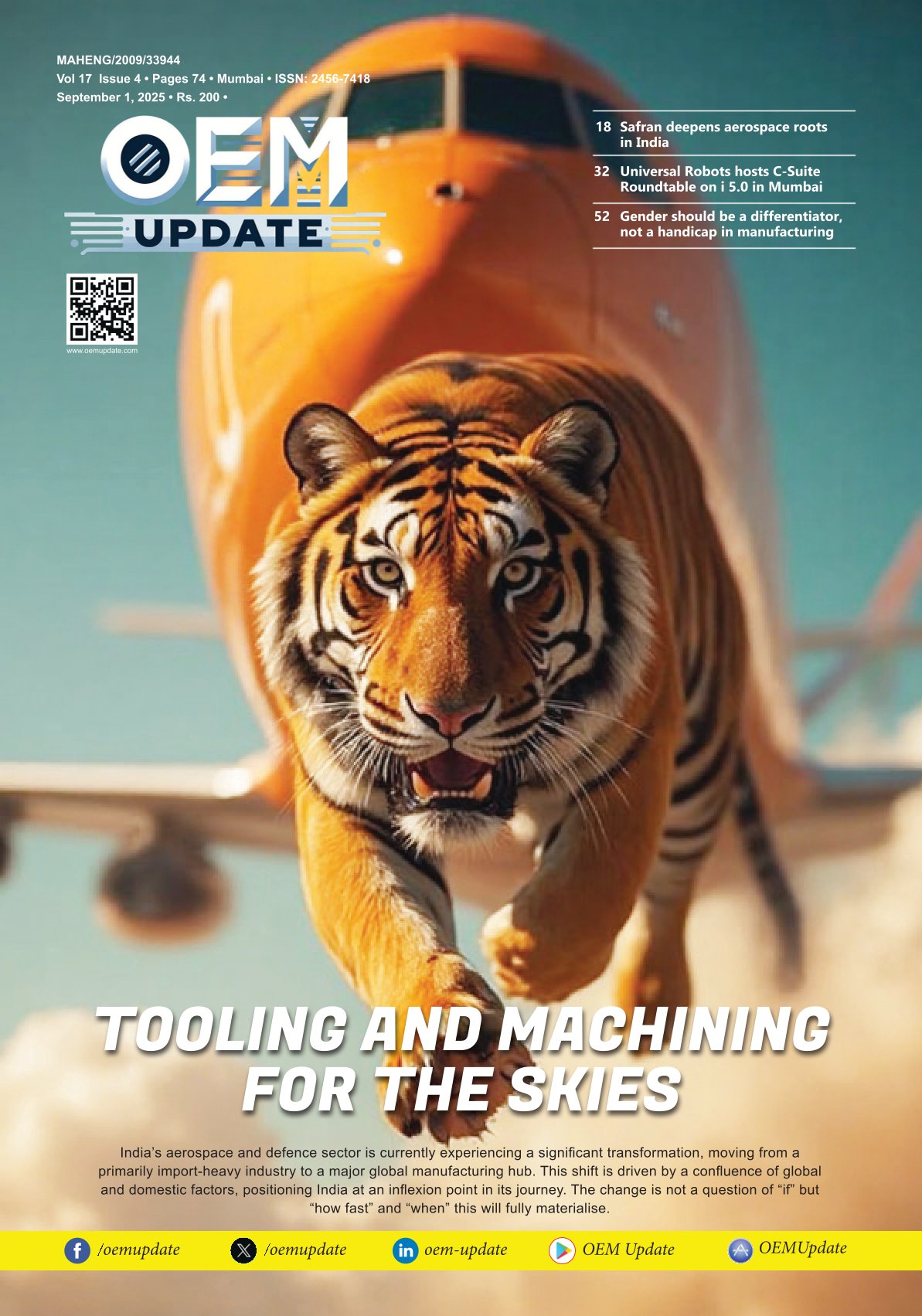Renishaw probe system for measuring with speed, precision
By OEM Update Editorial October 8, 2018 2:48 pm IST
It’s true that in many ways making things is getting easier, at least as far as the technology is concerned. For example, machine tools are simpler to programme and operate, which results in faster and cheaper product development, and user-friendly CAD software could negate the need for physical prototypes entirely. Hence, what you are actually making, or trying to make, becomes relatively uncomplicated. It’s a different matter, however, if you are building complex multi-million dollar aerospace systems, like those engineered by Mecanizados Escribano.
“When we buy a machine tool we specify all the options,” the company’s project manager Juan A Humanes said. “But, having the best machines is only part of the equation. Our customers demand very rigorous part inspection, which means there’s always the chance that the metrology department can become a bottleneck, especially when the parts are complex and machined to very tight tolerances.”
He added, “The Renishaw REVO system, recently fitted to a Metris CMM, measures non-prismatic surfaces very quickly, many of which would be difficult or impossible to measure with touch trigger systems. In some cases, such as a complex avionics chassis for the Typhoon, the REVO has increased our inspection throughput by a factor of five; typically, up to 80 per cent reduction in time per part.”
The key attribute of the REVO five-axis head is its ability to overcome the limitations of three-axis scanning methods, where any attempt to rapidly move the large mass of a CMM results in inertial errors caused by accelerations and decelerations. Therefore, the only possible way to maintain acceptable accuracy in three-axis scanning has been at the expense of measuring speed. However, REVO uses synchronised head and machine motion when scanning, rapidly following changes in part geometry without introducing its own dynamic errors. The CMM is able to move at a constant velocity whilst measurements are being taken, without impacting accuracy.
REVO also benefits CMM users with infinite head positioning and innovative tip-sensing probe technology, which further improves measurement accuracy by sensing close to the measured surface. This combination of speed, flexibility and accuracy has proven to give exceptional performance in a wide range of scanning measurement applications.
Any visitor lucky enough to tour the Escribano factory can see the size and significance of the investment required for such production. Humanes reveals it to be between €1million and €1.5million a year, and most of the company’s CNC machines are top-end, Japanese or Swiss-built multi-pallet and multi-axis. All of them are the latest models, meticulously maintained and configured to minimise set-up and non-machining time, mostly using Renishaw OMP40 spindle-mounted touch probes and NC4 non-contact laser tool setting systems.
Escribano has outgrown its current building and has designed and built a new facility, where it would relocate in the next few weeks. Until then, the two small rooms adjacent to the main workshop that house the company’s inspection equipment would remain crowded. In the larger of the two rooms, three DEA Global Advance co-ordinate measuring machines (CMMs) with Renishaw probes check samples of parts for everything from thermal imaging cameras to components destined for the Joint Strike Fighter. Alongside the main metrology lab’ is a smaller room housing the company’s largest CMM: a Metris LKV CMM equipped with the Renishaw REVO five-axis measuring head and probe system; part of a recent investment in inspection equipment that totalled around €300,000.
For most precision engineering businesses, the Metris and Renishaw REVO combination would be enough to cater for their metrology needs. But, Escribano isn’t your typical workshop and its customers are somewhat more demanding, leading to further investments in other advanced metrology systems such as a white light interferometer microscope for measuring roughness, and a contact profile meter capable of assessing the size and texture of a part’s surface.The Madrid-based company is a rarity; privately owned engineering workshops with the expertise and the technology to deliver components and systems for such sophisticated applications are few and far between. No one at Escribano can or would talk about its customers or their products, but Humanes is happy
to discuss what the company is equipped to do and how it does it.
“We specialise in machining complex, 5-axis parts in aircraft-grade aluminium, stainless steel, nickel alloys, copper and titanium,” he says. “The only way to be good at this kind of work is to make the necessary investments in technology and people. Our customers can choose between some of the best equipped suppliers in the world, so we have to make sure we can deliver exactly what they want, when they want it.”
A large proportion of Escribano’s production is for the US defence sector, which probably has more small, privately owned precision engineering companies than any other country on Earth so the question is; why would a US defence contractor choose
to outsource some of its most complicated, quality-critical parts to a company in Spain, instead of one closer to home?
“Some people might assume that we win business because Spanish labour costs are lower than they would be at a similar, US company,’ says Humanes. “But they would be wrong. If that were the case the work would simply migrate to Asia. The truth is we are competitive because we invest in the best technology and we train people to high levels.
We don’t just benchmark ourselves with competitors in Spain or Europe, we aspire to be the best in the world.”
General precision engineering may, thanks to the technology, be getting easier, but Escribano’s willingness to meet almost any standard of engineering precision means that even during the worst recession in living memory – and the Spanish economy is suffering the effects as acutely as any country – this family-owned company is still busy 20 hours a day.
Cookie Consent
We use cookies to personalize your experience. By continuing to visit this website you agree to our Terms & Conditions, Privacy Policy and Cookie Policy.



